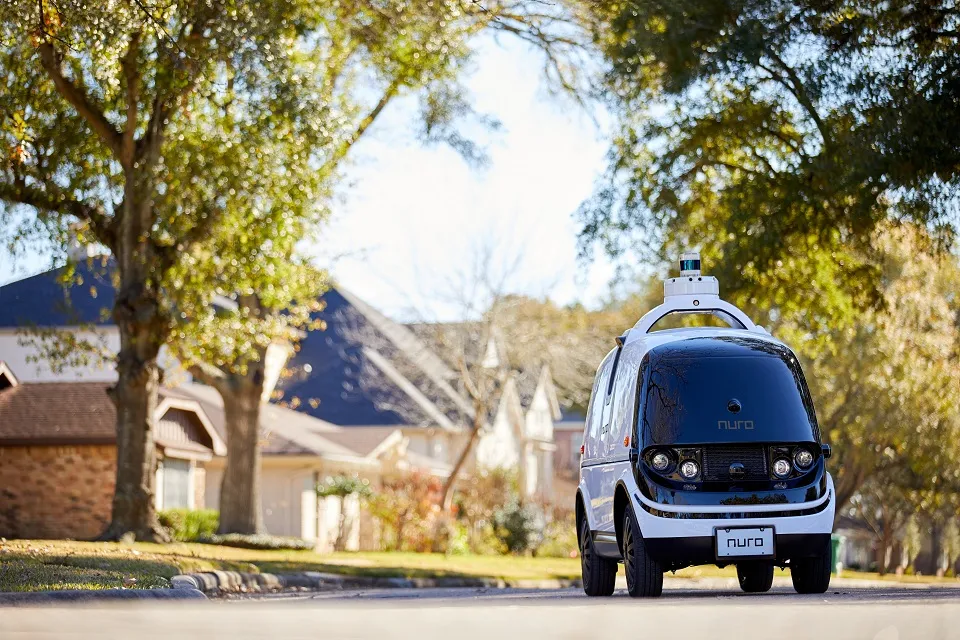A fleet of all-electric cabs may soon be plugged in and driving on the streets of Arlington, Virginia, US, a sign the environmentally-friendly vehicles are slowly catching on as a viable means of transportation in the US. "No one has really taken the first step to do this," said Malik Khattak, founder of Electric Vehicle Taxicab Company, who has proposed a fleet of 40 all-electric Nissan Leaf cars which he says will be the first taxicab fleet of its kind in the US.
October 23, 2012
Read time: 2 mins
A fleet of all-electric cabs may soon be plugged in and driving on the streets of Arlington, Virginia, US, a sign the environmentally-friendly vehicles are slowly catching on as a viable means of transportation in the US.
"No one has really taken the first step to do this," said Malik Khattak, founder of Electric Vehicle Taxicab Company, who has proposed a fleet of 40 all-electric838 Nissan Leaf cars which he says will be the first taxicab fleet of its kind in the US.
Khattak envisions cars equipped with iPads and wireless internet access that allows web browsing and offers passengers the flexibility to pay with a credit card.
The all-electric function allows each car to travel an estimated 159 km before requiring recharging. And there are other plusses: "It's an electric car. It never needs an oil change," said Khattak. "It has zero emissions, which means nothing comes out of the tailpipe."
He adds that it reduces the nation's carbon footprint and could give him a competitive advantage with customers who are looking for ways to help the environment.
If the plan is approved, the company has pledged to install 56 charging stations in its service area, which would charge the cars in under 30 minutes and allow them to operate 24 hours a day. The service stations could address one concern customers have expressed about buying and driving the electric cars: there aren't currently enough places to plug them in.
Khattak wants the community to have access to the charging stations, a move that may encourage people to try electric cars.
More exposure to electric cars, "is a way to build consumer awareness and comfort with the new technology", said Genevieve Cullen, vice president of the Elective Drive Transportation Association, which promotes electric transportation in the US.
"No one has really taken the first step to do this," said Malik Khattak, founder of Electric Vehicle Taxicab Company, who has proposed a fleet of 40 all-electric
Khattak envisions cars equipped with iPads and wireless internet access that allows web browsing and offers passengers the flexibility to pay with a credit card.
The all-electric function allows each car to travel an estimated 159 km before requiring recharging. And there are other plusses: "It's an electric car. It never needs an oil change," said Khattak. "It has zero emissions, which means nothing comes out of the tailpipe."
He adds that it reduces the nation's carbon footprint and could give him a competitive advantage with customers who are looking for ways to help the environment.
If the plan is approved, the company has pledged to install 56 charging stations in its service area, which would charge the cars in under 30 minutes and allow them to operate 24 hours a day. The service stations could address one concern customers have expressed about buying and driving the electric cars: there aren't currently enough places to plug them in.
Khattak wants the community to have access to the charging stations, a move that may encourage people to try electric cars.
More exposure to electric cars, "is a way to build consumer awareness and comfort with the new technology", said Genevieve Cullen, vice president of the Elective Drive Transportation Association, which promotes electric transportation in the US.










